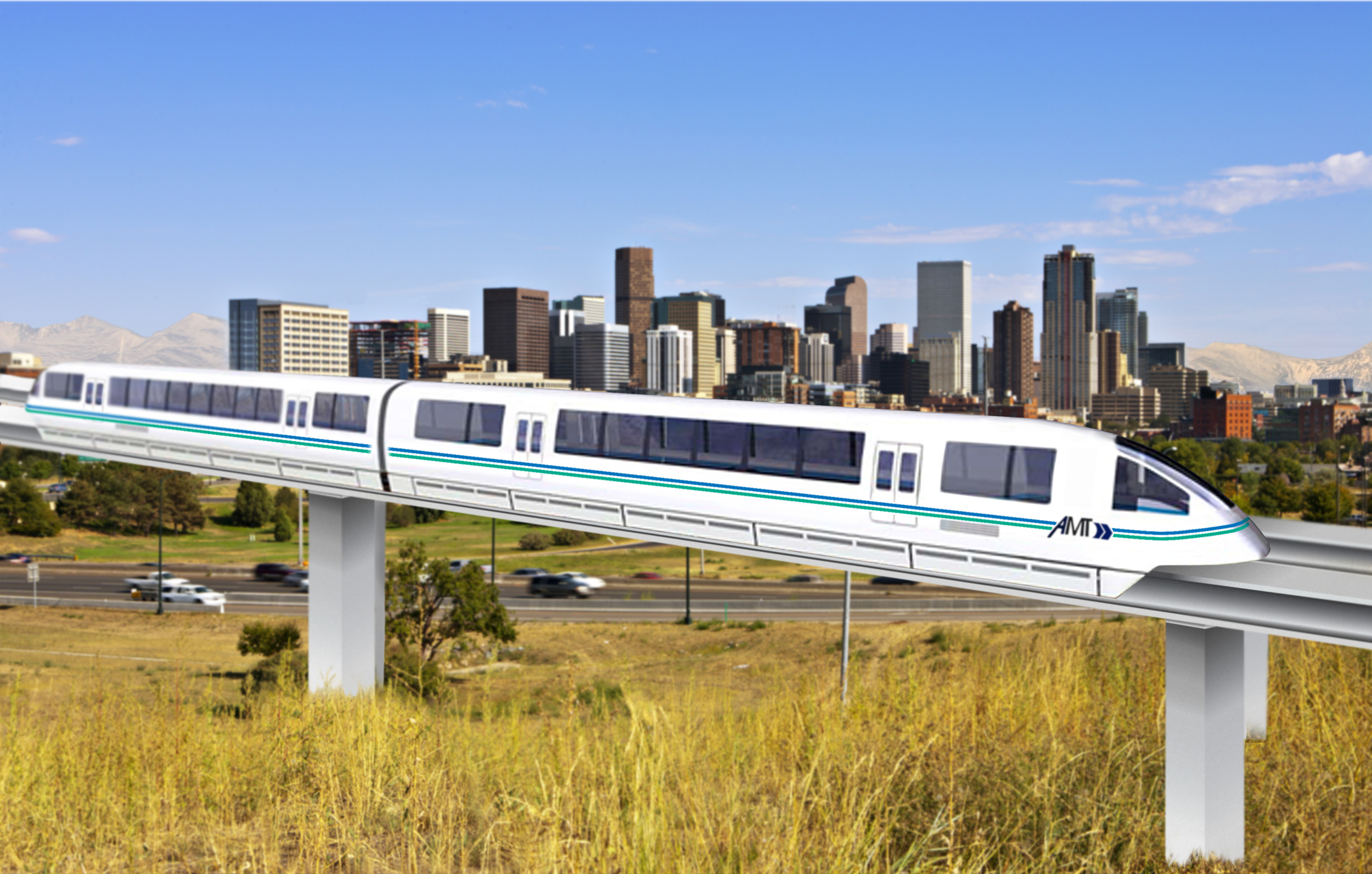We strive to be the leader in sustainable movement of people and goods, while spearheading the creation of a new American manufacturing industry for green high-tech transportation systems. Eight specific strategies guide executive decision-making toward achieving this two-fold vision, and AMT upholds these strategies to create a framework for success. These values are ingrained into every AMT project.
AMT strives toward leadership in sustainable people and goods movement by adhering to the following strategies:
Environmental Mitigation.
The company will uphold the standards for LEED certification and global air quality initiatives throughout all phases of project development and operation. By generating and using electricity from renewable energy sources, AMT will operate zero- emission systems that have no adverse impact on local community ecosystems.
Sustainable Operations.
AMT projects are typically private sector initiatives that not only cover operating expenses, but also recoup capital expenses to provide a return to shareholders. AMT will partner with local entities to create successful operating conditions; however, AMT will not engage in projects that are not financially self-sustaining.
Urban Redevelopment.
By catering to the unique demands of 21st century mega-regions, AMT will create transportation systems that enhance pedestrian environments and encourage smart community growth. Stations will not only serve as transportation access points, but also as centers of mixed-use development where people will want to live, work and shop within a kilometer’s distance.
Support 21st Century Lifestyles.
AMT will implement and innovate service options that conform to the evolving lifestyles of the traveling public. By offering fast, frequent and flexible service options, AMT will capture an untapped market of automobile drivers who require the “on- demand service” and seamless integration not currently available among mass transit alternatives.
Product Diversity.
AMT leverages the strength and specialties of more than 118 companies in 26 U.S. States and 77 Congressional Districts to create this unique technology. This diversity in product development ensures the use of high-quality, reliable parts and cutting-edge innovation in all facets of system fabrication.
Local Assembly.
The various technology components will be assembled in the local market where the system is built, and local workers will construct the vehicles. Creating local jobs, this method of integration will spark a surge of economic activity in the local community during project development.
Continuous Innovation.
By purchasing components from businesses across the nation and closely managing the assembly of the technology in the local market, AMT maintains strict control over its intellectual property portfolio, while encouraging further innovation from component providers and partner companies.
American Revitalization.
Whereas US transit agencies tend to purchase rail technology from foreign manufacturers rather than form a domestic rail industry, the implementation of AMT systems will represent a significant investment in 118 US companies from 26 states -- strengthening the domestic transportation manufacturing industry and supporting American ideals.
For public and private sector entities who suffer losses from increasing congestion and limited mobility, the AMT team provides sustainable transit solutions that will create jobs, raise corporate and tax revenues, and enhance connectivity and the development of walkable, livable communities. AMT partners with the customer to determine unique solutions within budget shortfalls and the demands and interests of the local traveling public. Most importantly, AMT projects will be financially and environmentally sustainable to create real, lasting transformations for 21st century communities and citizens.

